Description
ABSTRACT
Examining Jurisdictional and Regulatory Issues in Internet Transactions in Nigeria
Professor Paul Idornigie, SAN *and Dr. Godwin Umoru**
This article argues that commercial transactions, domestically or internationally, are generally regulated by the law of contract and other consumer protection laws. Municipal laws regulate domestic contracts while treaties, conventions, protocols and rules regulate international contracts. However, with the advent of Information Technology (IT) and internet transactions, all these have changed. Boundaries have become blurred on the internet and yet law is all about boundaries. Consequently, this article examines the nature of internet transactions – e-commerce and e-signature; admissibility of electronic evidence, jurisdictional and regulatory issues as well as enforcement of judgments or arbitral awards. The article also examines bills pending in the National Assembly and the extent the bills and Nigerian laws generally are in consonance with the United Nations Model Laws and instruments namely; UNCITRAL Model Law on E-Commerce (1996), the Model Law on E Signature (2001), the Convention on Contracts for the International Sale of Goods (1980) and the Convention on the Use of Electronic Communications in International Contracts (2005).
INTRODUCTION
Within a few years, the Internet will turn business upside down. Be prepared—or die, says Matthew Symond.1IN FIVE years’ time, says Andy Grove, the chairman of Intel, all companies will be Internet companies, or they won’t be companies at all… and you will be told that the Internet is the most transforming invention in human history. It has the capacity to change everything—the way we work, the way we learn and play, even, maybe, the way we sleep or have sex. What is more, it is doing so at far greater speed than the other great disruptive technologies of the 20th century, such as electricity, the telephone and the car.2
Commercial transactions, domestically or internationally are generally regulated by the law of contract and other consumer protection laws. Municipal laws regulate domestic contracts while treaties, conventions, protocols and rules regulate international contracts. In the case of international trade, the United Nations Convention on Contracts for the International Sale of Goods. adopted on 11 April 1980 played a major role especially in countries that are parties to the Convention. At the moment, there are 85 state parties to the Convention.3 According to the United Nations Commission on International Trade Law (UNCITRAL):
* Ph.D., Chartered Secretary, Chartered Arbitrator, Professor of Law and Head, Department of Commercial Law, Nigerian Institute of Advanced Legal Studies, Abuja.
** Ph.D., Chartered Secretary. Lecturer, Faculty of Law, University of Benin, Benin City.
- Matthew Symond, ‘The Net Imperative’ The Economist (26 June to 2 July, 1999). accessed 23 September, 2016.
- Ibid.
- United Nations Commission on International Trade Law (1980). United Nations Convention on Contracts for the International Sale of Goods at Vienna, 1980 ‘(’The Convention’’ or ‘‘CISG’’). accessed 20 October 2016. The Convention has seven state parties, namely, Congo, Dominican Republic, Honduras, Montenegro, Russian Federation, Singapore and Sri Lanka.

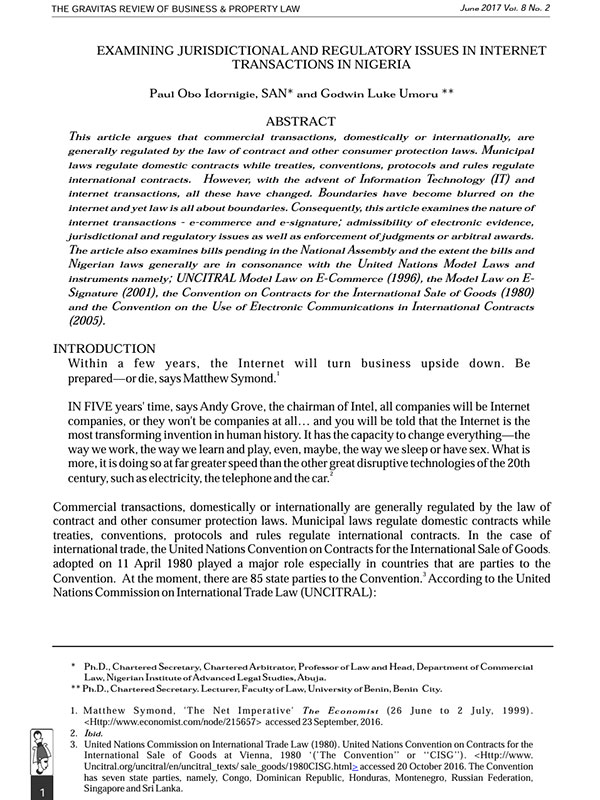
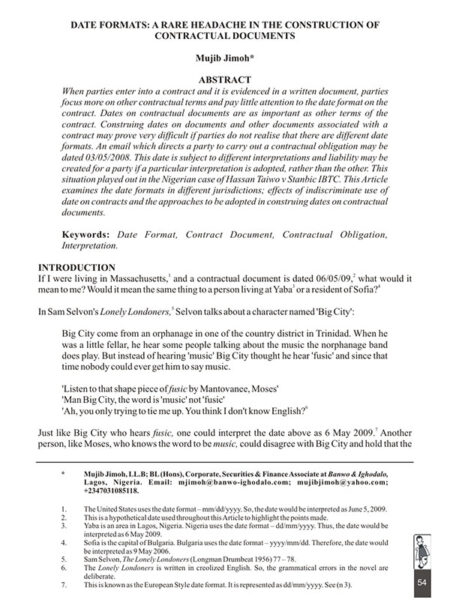
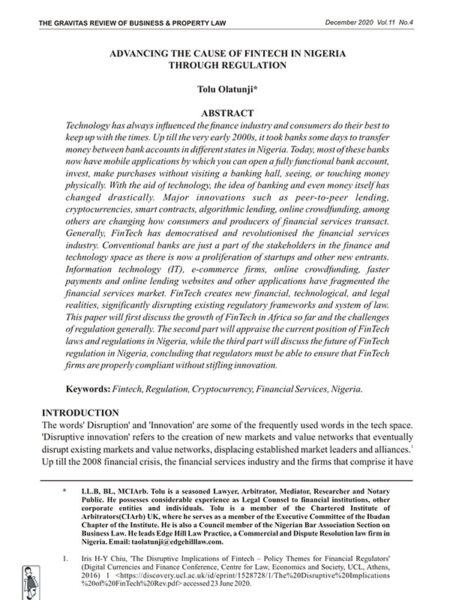
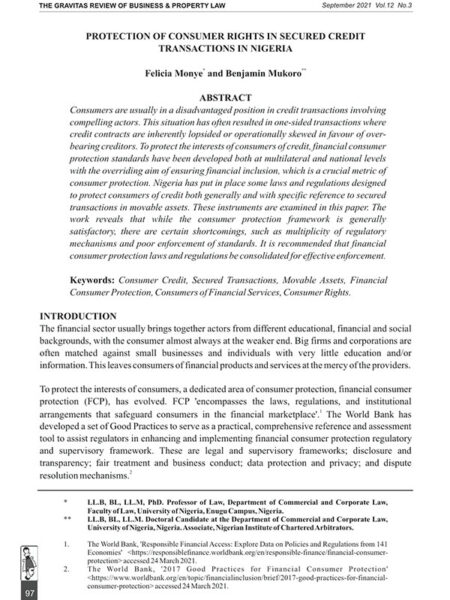
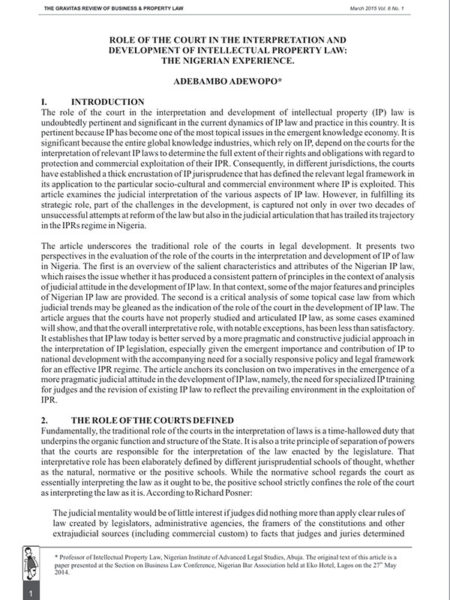


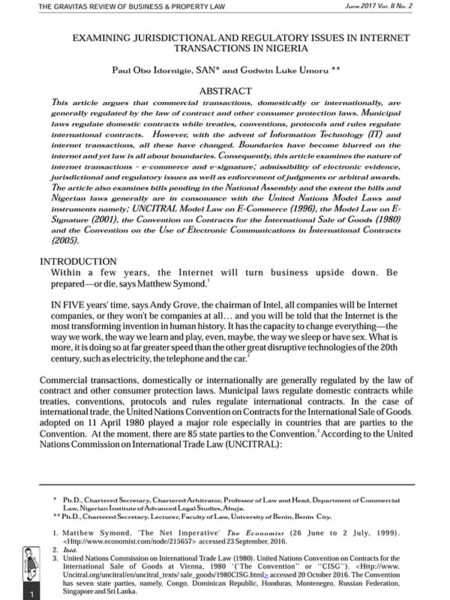
Reviews
There are no reviews yet.